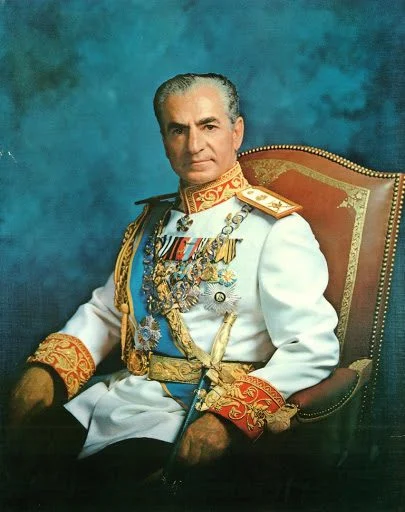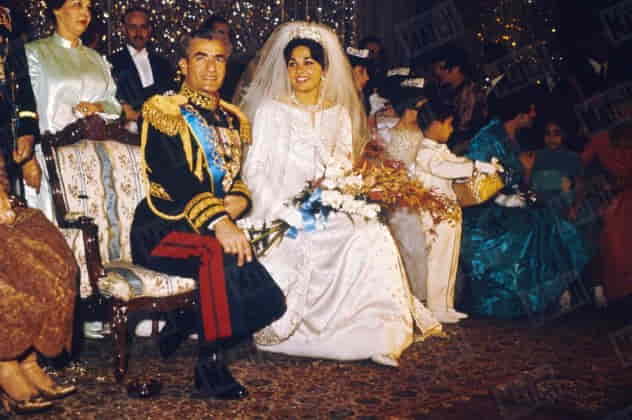
Reza Pahlavi, the eldest son of the last Shah of Iran, has played a significant political role in the ongoing narrative of Iran’s complex modern history. His position as crown prince before the Iranian Revolution of 1979, along with his efforts in exile, highlight the evolving political role he continues to hold within Iranian and international discourse. This article delves into Reza Pahlavi’s political role, his legacy, and how he remains a symbol of opposition and hope for many Iranians around the world.
Early Life and the Formation of Reza Pahlavi’s Political Role
Born in 1960 as the eldest son of Mohammad Reza Shah Pahlavi, Reza was groomed from an early age to assume a leadership position within Iran’s monarchy. His political role was initially symbolic, designed to ensure dynastic continuity. However, his youth coincided with one of the most turbulent periods in Iranian history, including widespread social unrest and political upheaval.
Before the revolution, Reza’s political role was largely confined to representing the monarchy domestically and abroad. His education abroad and exposure to Western political systems shaped his worldview, blending traditional royal responsibilities with modern political ideas.
The Impact of the 1979 Iranian Revolution on Reza Pahlavi’s Political Role
The 1979 revolution dramatically altered the course of Reza Pahlavi’s life and political role. The fall of the Shah and the establishment of the Islamic Republic forced Reza into exile, where his political role transformed from heir apparent to a prominent figurehead for Iranian opposition groups.
Living outside Iran, Reza Pahlavi became an outspoken critic of the new regime and a symbol of democratic aspirations for many Iranians. His political role expanded beyond the monarchy into advocacy for human rights, democracy, and secular governance in Iran.
Reza Pahlavi’s Political Role in Exile: Advocacy and Influence
Over the decades, Reza Pahlavi’s political role has been defined by his efforts to unite opposition movements and promote a peaceful transition to democracy in Iran. While lacking formal political power, he has used his position to bring international attention to Iran’s political repression and advocate for the rights of Iranian citizens.
His political role also involves maintaining connections with global leaders and organizations focused on human rights and democratic reforms. These efforts underscore his commitment to influencing Iran’s future through diplomatic and peaceful means.

Challenges and Controversies Surrounding Reza Pahlavi’s Political Role
Despite his long-standing political role as a symbol of opposition, Reza Pahlavi faces challenges that complicate his influence. Some critics question his relevance within Iran, where many citizens view the monarchy as a relic of the past. Additionally, internal divisions within opposition groups have sometimes limited the effectiveness of his political role.
Nevertheless, Reza Pahlavi remains a prominent figure in exile politics and continues to inspire segments of the Iranian diaspora committed to democratic change.
The Future of Reza Pahlavi’s Political Role
Looking ahead, Reza Pahlavi’s political role is likely to remain significant as long as debates over Iran’s governance continue. While the monarchy’s restoration appears unlikely in the near term, his advocacy for human rights and secular democracy resonates with many Iranians both inside and outside the country.
The evolving political role of Reza Pahlavi also reflects broader trends in exile politics, where displaced leaders seek to influence their homelands through diplomacy, media, and grassroots movements.
Trusted Resources for Further Reading
-
For more on Iran’s political history and opposition movements, visit the Middle East Institute.
-
To understand the dynamics of exile politics and democracy advocacy, check out Freedom House.
-
For detailed biographies and analysis of Reza Pahlavi’s role, the Wilson Center offers valuable resources.
Frequently Asked Questions (FAQ)
Q1: Who is Reza Pahlavi?
Reza Pahlavi is the eldest son of the last Shah of Iran and a prominent figure in Iranian opposition politics.
Q2: What was Reza Pahlavi’s political role before the 1979 revolution?
He was the crown prince, positioned to continue the monarchy and represent Iran domestically and internationally.
Q3: How did the Iranian Revolution affect Reza Pahlavi’s political role?
He went into exile and became a symbol of opposition to the Islamic Republic, advocating for democracy and human rights.
Q4: What are the main challenges to Reza Pahlavi’s political role today?
Questions about his relevance inside Iran and divisions among opposition groups have complicated his influence.
Q5: Is there a chance for the monarchy to be restored in Iran?
Currently, restoration is unlikely, but Reza Pahlavi’s political role focuses on advocating for democratic reform.
Q6: Where can I learn more about Iran’s political opposition?
Trusted sources include the Middle East Institute, Freedom House, and the Wilson Center.




